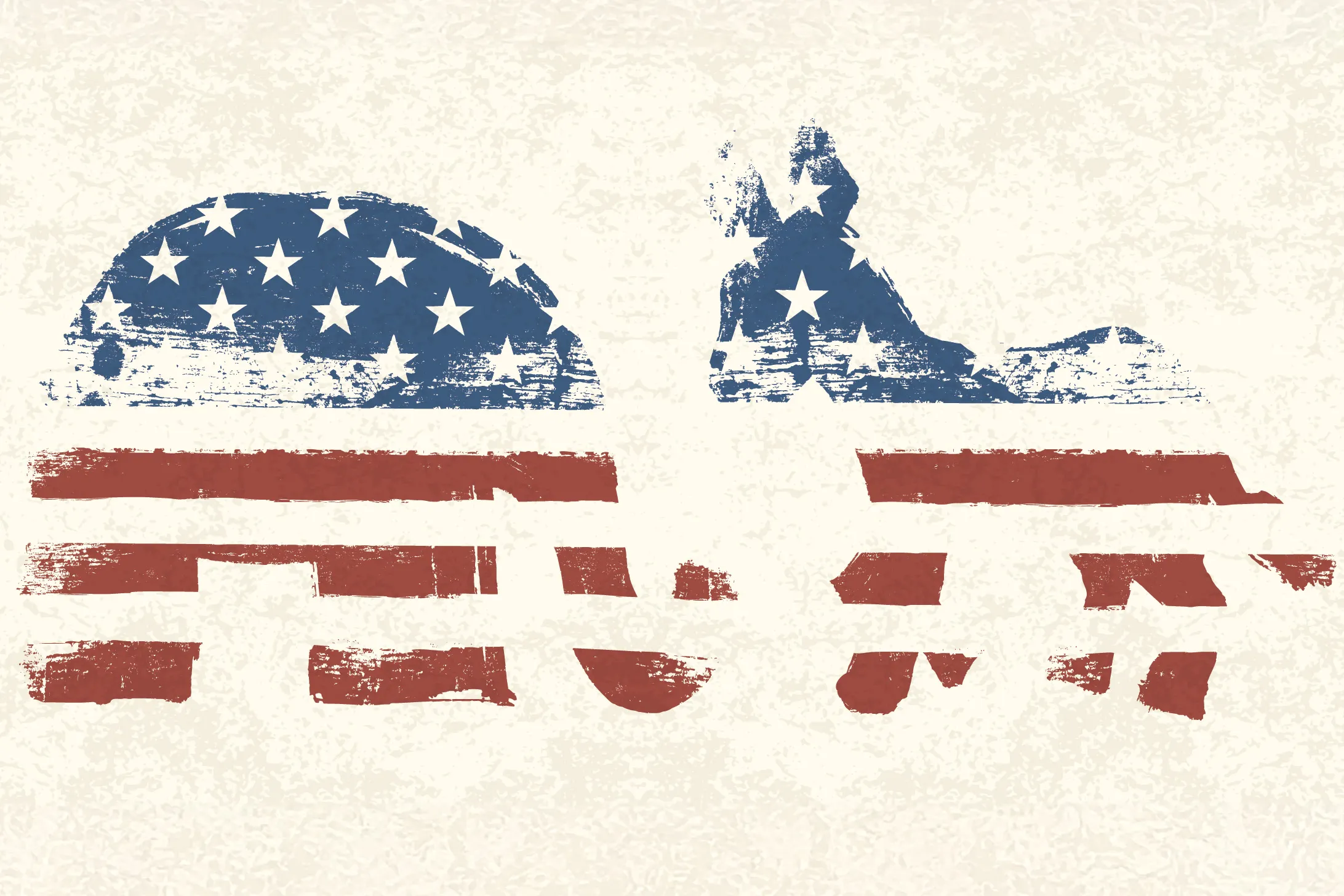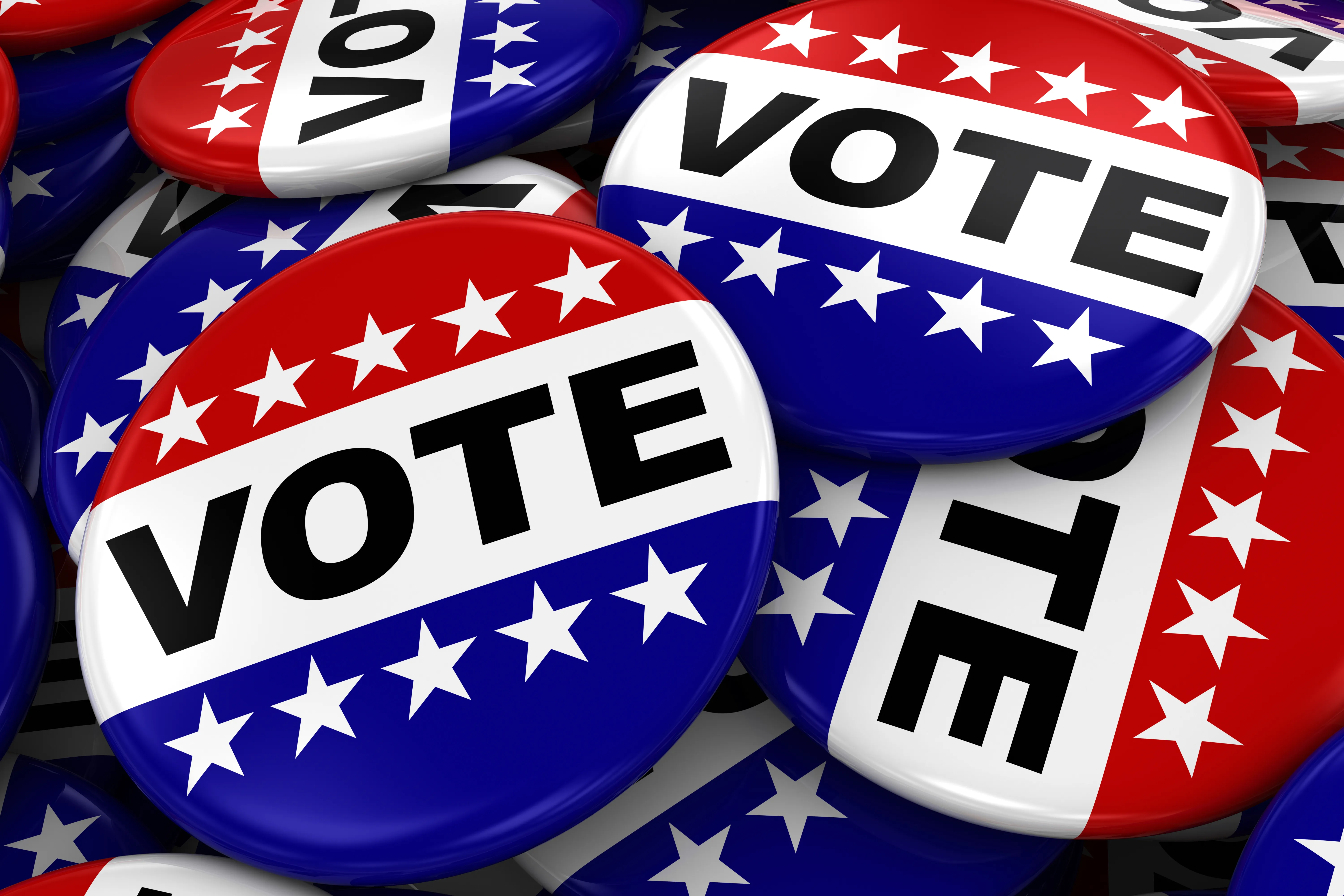
If Props 26 & 27 fail, what's the future of sports betting in California?
(The Center Square) – If sports betting was legalized in California, experts say the state would be the nation's largest market. But it's looking unlikely that will happen this election cycle.
Despite a historic amount of money spent, two sports betting propositions on California's November ballot – Propositions 26 and 27 – appear poised to fail, according to recent polls of likely voters.
Together, the campaigns that have come out in support of and in opposition to the initiatives have spent more than half a billion dollars – a record amount of money spent on propositions in the Golden State. The campaign in support of Proposition 27 and the campaign in opposition to the initiative have raised over $400 million – a figure that, when adjusted for inflation, is more than John McCain spent on his 2008 presidential campaign, according to Isaac Hale, an assistant professor of politics at Occidental College in Los Angeles.
Voters have been inundated with a slew of negative ads about the two proposals for weeks – a prospect analysts say could result in voters souring on both measures.
Additionally, both the California Republican and Democratic parties have come out against Proposition 27 – a measure that would allow online and mobile sports wagering in California that FanDuel and DraftKings are backing. And despite broad support from a coalition of tribes, Proposition 26, which would legalize sports betting at tribal gaming casinos and licensed racetracks in California, appears unpopular among voters, per recent polls.
With less than a week until the Nov. 8 election, it appears sports betting won't be available in the Golden State following the midterm election. But experts say in the future, that could change.
"There's too much at stake for nobody to give it another shot," PlayCA Analyst David Danzis told The Center Square. "It stands to reason that all parties involved still have a very significant interest in some sort of sports gambling market in California."
Danzis said that given California's market size and the money potential, "no one's walking away" even if the measures are defeated this year. He added that a coalition of gaming tribes is already looking toward a 2024 ballot initiative but projected that a second go-around wouldn't be as contentious.
"The tribes and the online gaming operators I think learned a bit from this campaign," Danzis said. "At the end of the day, the likelihood of them coming together at some point in the future with the tribes holding a little bit more leverage when they do meet at the bargaining table, that's likely to happen."
Hale noted that even though DraftKings and FanDuel have spent tens of millions of dollars in support of Proposition 27, "it pales in comparison to the potential revenues over decades from online gambling." He noted that the companies would "like to come back even if they lose," but said it could be hard to come back from a 40-point loss that polls are currently projecting.
Hale said he would be "surprised" to see similar propositions back on the ballot in 2024, but said there could be several paths forward. He said larger online sports gambling companies could attempt a more "conciliatory tactic" with the coalition of tribes, or the tribes themselves may be the ones leading the charge on online sports betting.
"I think the preferred outcome for the tribes is that – we see them backing proposition 26 – they would like to have in-person sports betting in the short term," Hale said, adding that it's "no secret" tribes want to control online sports betting in the long-term.
Dazis said he also sees potential for Legislative leaders to step in and devise a compromise on sports betting that could end up more "equitable to both sides as opposed to one side."
Kathy Fairbanks, a spokesperson for the "Yes on 26/No on 27" campaign told The Center Square in an email that the campaign is "focused on defeating Prop 27 on Election Day and not on any hypotheticals beyond that." She added, however, that the election cycle has solidified that "voters strongly support tribes and believe they've been responsible stewards of casino gaming in California."














